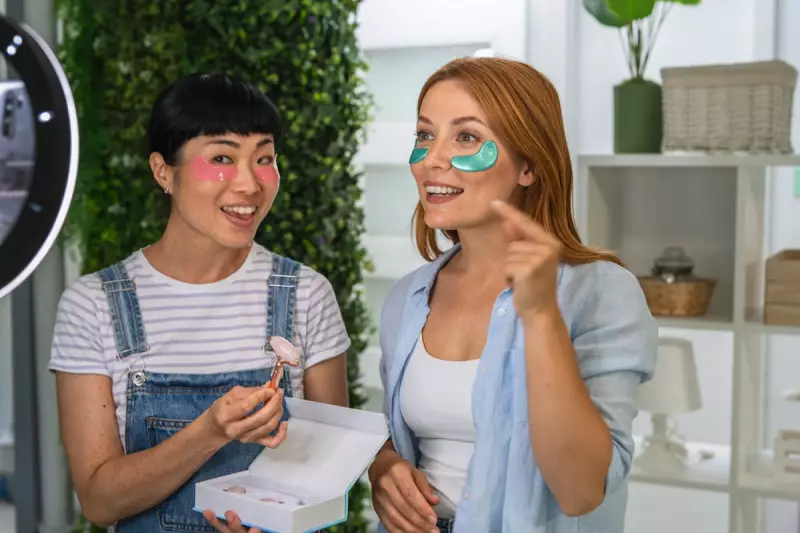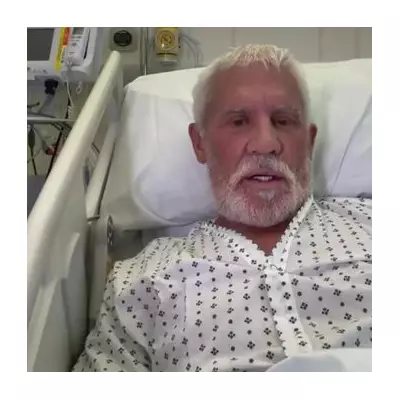
In an era where wellness has become a multi-trillion pound industry, a disturbing new trend is emerging that's leaving consumers vulnerable and potentially at risk. Welcome to the age of 'wellness washing' - where brands are capitalising on health-conscious trends without the scientific backing to support their claims.
The Rise of Wellness Deception
From social media influencers promoting questionable supplements to high street retailers selling 'dupe' skincare products with unknown ingredients, wellness washing is becoming increasingly sophisticated. Experts warn that this trend isn't just misleading - it could be downright dangerous.
Dr Sarah Benson, a leading dermatologist, explains: "We're seeing an explosion of copycat skincare products that promise similar results to premium brands at a fraction of the cost. The problem is, consumers have no way of knowing what's actually in these formulations or whether they've undergone proper safety testing."
Sleep Tourism: The Latest Victim
The wellness washing phenomenon has now infiltrated the travel industry with the emergence of 'sleep tourism'. Hotels and retreats are charging premium prices for sleep-enhancing packages featuring everything from circadian lighting to specialised mattresses.
However, sleep scientist Dr Michael Chen cautions: "While some sleep tourism offerings are based on genuine science, many are simply repackaging basic amenities with wellness jargon. Consumers are paying hundreds of pounds extra for features that may have minimal impact on sleep quality."
How to Spot Wellness Washing
- Vague Claims: Be wary of products using terms like 'detoxifying', 'energising' or 'balancing' without specific scientific evidence
- Influencer Overload: When a product is promoted exclusively through social media influencers rather than scientific channels
- Missing Certifications: Look for proper regulatory approvals and third-party testing certifications
- Miracle Cures: Any product claiming to solve multiple complex health issues should raise red flags
The Regulatory Gap
One of the biggest challenges in combating wellness washing is the regulatory grey area surrounding many wellness products. Unlike pharmaceuticals, which undergo rigorous testing, wellness products often fall into categories with minimal oversight.
"Consumers are essentially conducting their own clinical trials with these products," notes consumer protection advocate Emma Richardson. "We urgently need stronger regulations and clearer labelling requirements in the wellness industry."
Protecting Yourself in the Wellness Marketplace
As wellness washing becomes more prevalent, experts recommend taking a cautious approach:
- Research ingredients and their proven effects independently
- Consult healthcare professionals before trying new wellness trends
- Be sceptical of products making extraordinary claims
- Look for peer-reviewed studies supporting product claims
- Consider whether traditional, evidence-based approaches might be more effective
The wellness industry shows no signs of slowing down, but neither does the trend of wellness washing. As consumers become more educated and demanding of transparency, the hope is that genuine wellness innovation will prevail over marketing hype.





